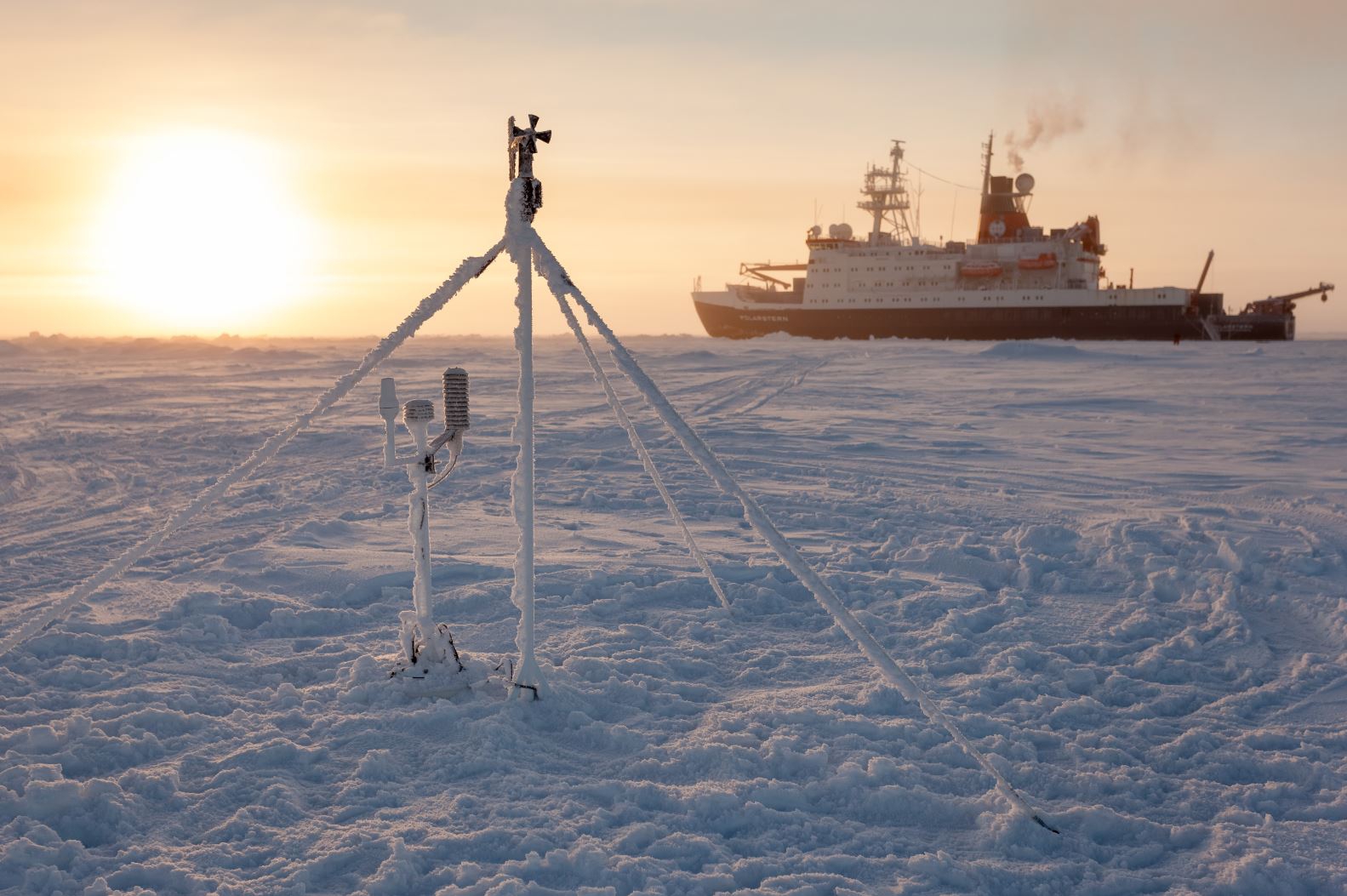For Brussels, there’s no Arctic business without the science business

Without full Arctic Council observer status, the EU remains something of an Arctic outsider. That has not stopped Brussels from working to define its interests in the region, or the region speculating about what European decision-makers might be considering.
So far, several marquee developments, including updates to the European Commission’s Arctic policy and its foreign policy, both published last year, have dominated discussions. In March, the European Parliament drew attention as it weighed in with priorities of its own.
Less discussed is the work of EU-PolarNet. This may have to do with its temporary status and modest size: a five-year project, it received €2 million ($2.2 million) in 2015 from the commission’s Horizon 2020 initiative, an €80 billion funding pool set up to pay for science and innovation projects. Nevertheless for Brussels to be putting money from a initiative whose ultimate goal is to promote economic growth and create jobs gives an indication of what it feels is at stake in the region.
Likewise, EU-PolarNet’s remit may run out in 2020, but its administrators say it has been designed so that its legacy will live on.
“Our purpose is to make sure polar research is on the commission’s agenda in the long-term. It is an area they are paying attention to, so we have their ear,” says Nicole Biebow, project’s manager.
After accomplishing its first task of documenting the polar interests of individual European states, think-tanks and other groups, EU-PolarNet has now begun compiling a series of proposals for which scientific topics the commission should be funding.
Part of this involves a surveying businesses with an interest in polar regions to get their opinion about what the changes there mean for their activities, and whether science can be of any help.
“Businesses are crucial to identifying what the commission’s priorities should be, and to improving the way we understand these regions,” Biebow says.
Once the votes are in, and after consulting with 50 selected experts this autumn, EU-PolarNet will identify which key topics Brussels should be focusing on, explain why these are important and propose the most beneficial course of action. The money will follow.